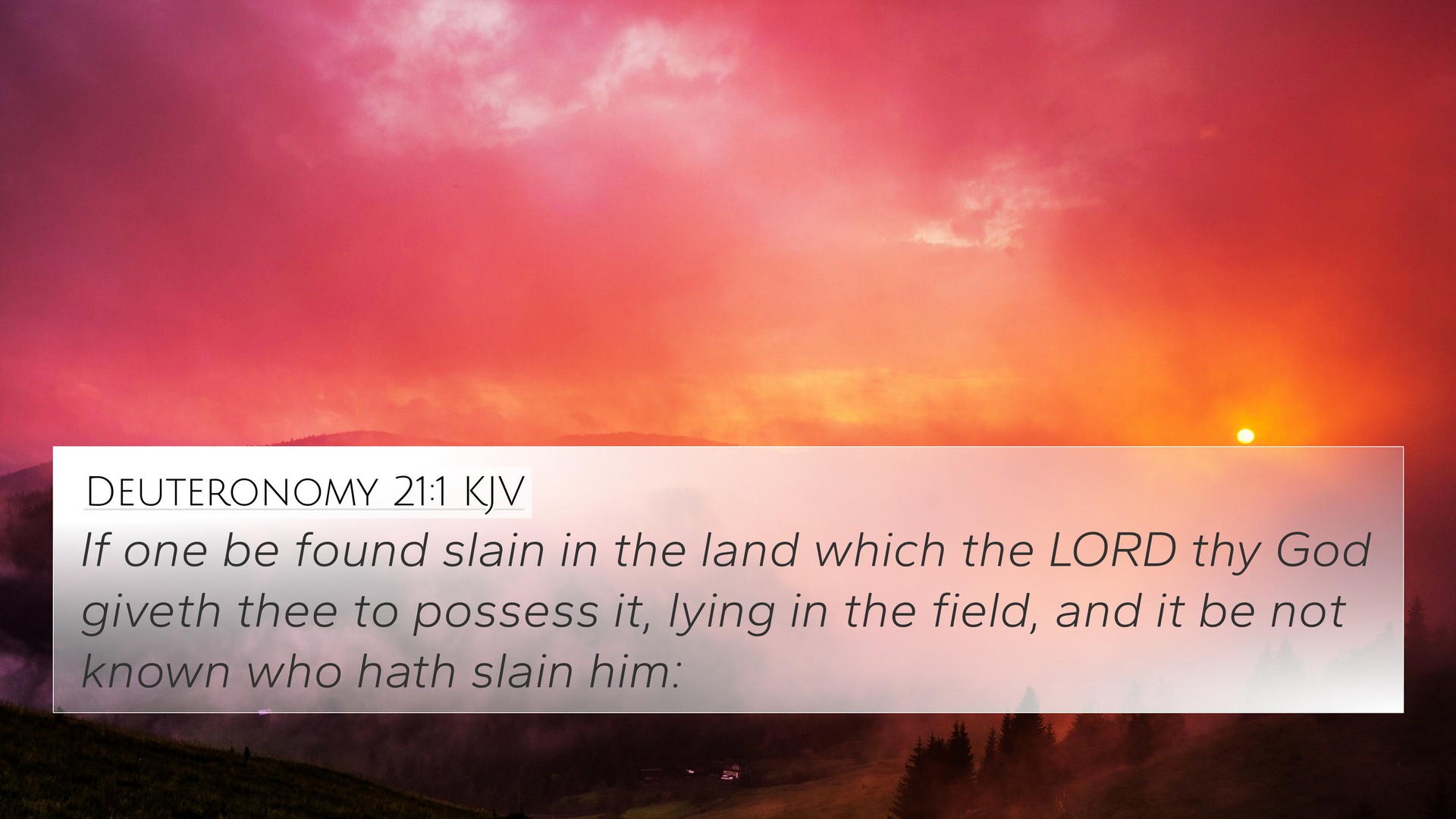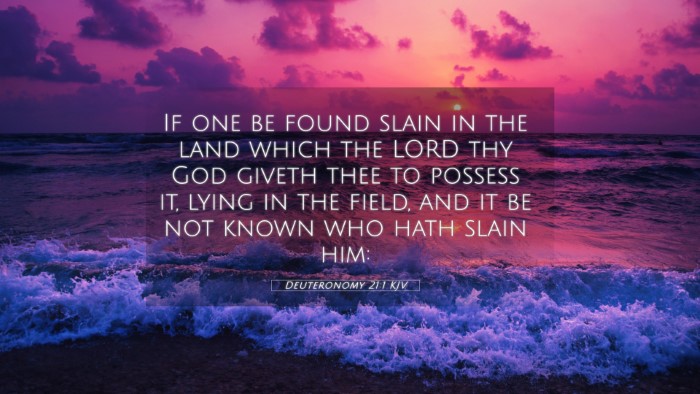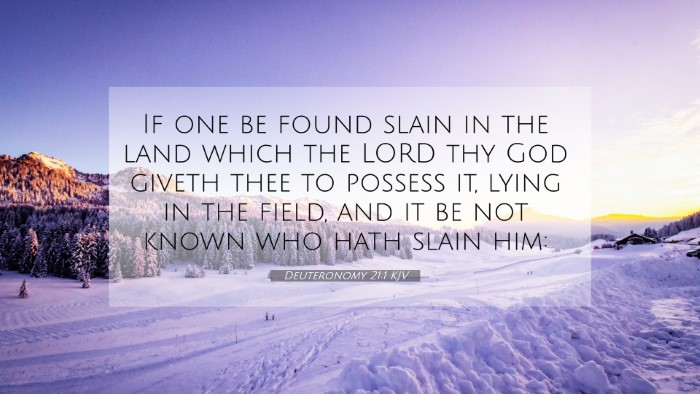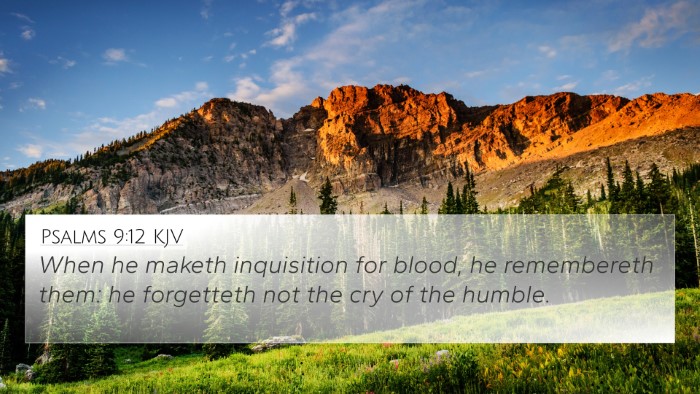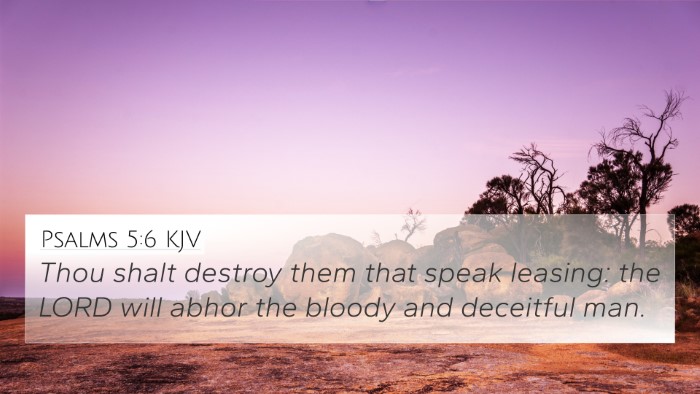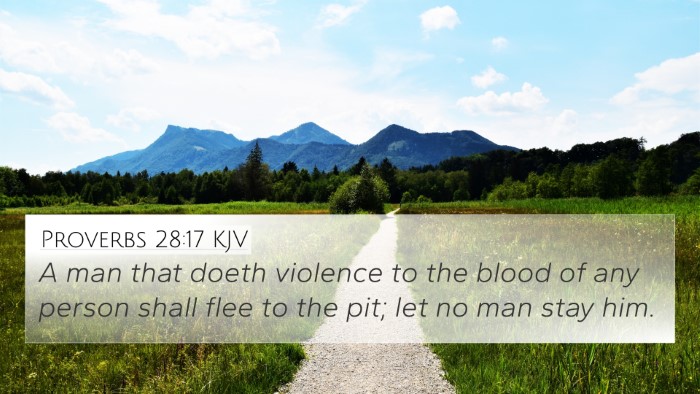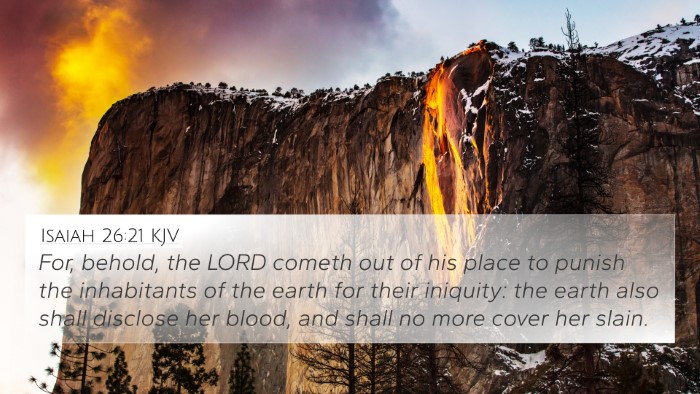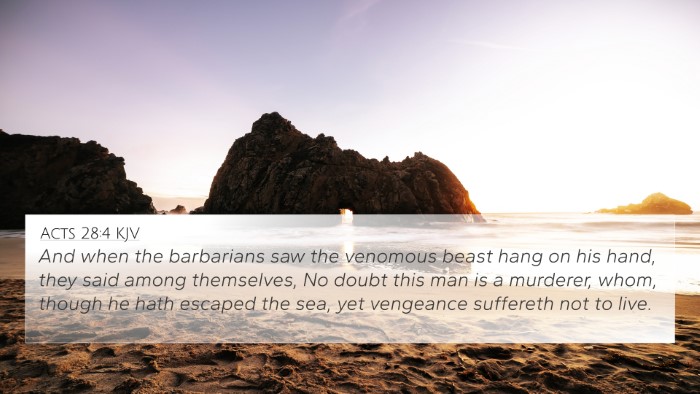Understanding Deuteronomy 21:1
The verse Deuteronomy 21:1 addresses a specific situation regarding unsolved murders in Israel. It reads, "If one be found slain in the land which the Lord thy God giveth thee to possess it, lying in the field, and it be not known who hath slain him."
This verse sets a legislative framework for dealing with a particular social and theological issue. In this summary, we will delve into the interpretations provided by prominent public domain commentaries like those of Matthew Henry, Albert Barnes, and Adam Clarke to unpack the layered meanings behind this scripture.
Contextual Analysis
This section will explore the broader context of Deuteronomy 21:1 and its relevance within the book of Deuteronomy.
- Divine Order: The passage reflects God's concern for justice within the community. Matthew Henry emphasizes that this decree showcases the importance of the sanctity of life and the seriousness of murder.
- Community Responsibility: Adam Clarke highlights the collective responsibility of the Israelites to address unsolved crimes, indicating a communal approach to justice.
Theological Implications
In this segment, we will identify the theological implications derived from Deuteronomy 21:1.
- Sin and Atonement: Albert Barnes notes that the instruction relates to the concept of atonement for bloodshed, which is woven throughout the Old Testament.
- God’s Justice: This verse illustrates the just nature of God, where even unresolved violence requires addressing. As Matthew Henry elaborates, it reflects God’s demand for righteousness.
Cultural Significance
The verse also comments on the cultural practices regarding murder investigations during the time. It provides insight into ancient Israelite society's legal and ethical standards.
Cross References
Deuteronomy 21:1 has numerous cross-references that enrich its understanding:
- Numbers 35:30-34: Discusses the importance of cities of refuge and how justice should be served.
- Exodus 23:7: Highlights God's admonition against the unjust execution of innocent blood.
- Deuteronomy 19:10-13: Addresses false accusations leading to innocent bloodshed.
- Matthew 5:21-22: Jesus’ teachings on murder, stressing internal hatred as damning as the act itself.
- Romans 13:4: The governing authorities are described as agents of God's wrath against wrongdoers.
- Acts 18:12-17: Paul’s trial before Gallio, relating to the issues of justice and law.
- 1 John 3:15: Defines murder as rooted in hatred, linking the New Testament understanding back to Old Testament laws.
Practical Applications
Reflecting on Deuteronomy 21:1, the practical applications vary for modern believers:
- Understanding Justice: Believers are called to uphold justice in their communities, reflecting God’s heart for righteous judgment.
- Community Engagement: Involvement within the community is necessary to bring about resolution and reconciliation in issues of wrongdoing.
- Resolution and Atonement: Highlighting the need for resolution, pointing toward Christ's ultimate sacrifice for sin.
Conclusion
Deuteronomy 21:1 serves not just as a legal stance on unsolved murder but also as a reflective passage that encourages believers to create just societies, engage in communal responsibility, and maintain awareness of God’s justice in all generations.
Further Study and Reflection
For those who wish to delve deeper, consider equipping yourself with Bible tools for cross-referencing:
- Bible concordance: A guide to finding relevant scriptures.
- Bible cross-reference guide: Methodologies on effective referencing.
- Bible reference resources: Comprehensive aids for deeper understanding.
By examining this verse through various lenses, we can appreciate the rich tapestry of inter-Biblical dialogue, discovering connections that span across both Testaments, ultimately leading us back to the heart of God’s law and love.
